Dabru Emet: “A Danger We Embrace with Love”
by Benjamin E. Sax
Writing to his parents sometime early in November 1909, an almost 23-year-old Franz Rosenzweig weighed in on a fraught family affair. His cousin, Hans, decided to convert to Christianity. Defending his decision to counsel Hans toward conversion, Rosenzweig argued that Judaism was no longer tenable in the modern world.
In their search for a viable spirituality or identity, contemporary German Jews had only two choices: Zionism or assimilation. For Rosenzweig, Judaism itself was no longer an appealing religious reality deserving the wholehearted attention of his coreligionists, many of whom were already eager sojourners in a world animated by bourgeois ambition and culture. Rosenzweig explained to his parents that Jews were already Christian in everything they did: They spoke and lived in Christian languages; attended Christian schools; read Christian books; listened to Christian music; and observed a Christian calendar. Jewish culture itself, he argued, had not only been Christianized—it now rested upon the foundations of Christianity. Conversion was not a choice, but a destiny.
Only a few years later, Rosenzweig contemplated his own conversion to Christianity. The rest of Rosenzweig’s short, extraordinary life is now etched in the collective memory of Jewish hagiography: At the foot of the baptismal font, he famously demurred, and lovingly affirmed and committed to a living Judaism. Coinciding with the tragic, brief years of the Weimar Republic, Rosenzweig inspired a Jewish renaissance in learning. Diagnosed with what would later be called ALS, Rosenzweig had movement in just one finger, yet wrote passionately—with the help of an innovative typewriter, his wife Edith, and numerous friends—about returning Jewish tradition to the language of Judaism, a re-entering of the Jew into a de-Christianized Judaism.
Even though Rosenzweig died a few years before the rise of Nazism, the legacy of his dialogical thought still recognizes the danger and possibility of Jewish–Christian dialogue in the twenty-first century. In many ways, the particular contours of Rosenzweig’s life and thought provide not only a serious and powerful living Jewish statement on Christianity, but also point to the possibilities and limits of Dabru Emet for our time, especially in attempts to de-Christianize Judaism.
And, what could be more “Christianizing” than Jews writing a public “Jewish” statement on Christianity? How could such a document simultaneously speak for and to Jews?
In his early critique of Dabru Emet, Jon Levenson highlighted how the power asymmetry between Christians and Jews affects Jewish theological self-determination. For example, why should Jews, in a Jewish document, “affirm as a matter of belief that the Church will remain until the final redemption”? Why not focus on Torah-related matters such as the seven Noahide laws? Why must Jews always remain as guests, rather than hosts, in these matters?
Even though Rosenzweig developed a Jewish philosophical–theological worldview that included Christianity—although not, as his critics rightly point out, any of the other world religions—he would most likely have taken issue with a number of claims in Dabru Emet. Most importantly, though, he would recognize that the generous liberal ethos animating this document—an ethos symbolized by the Weimar period in general—bespeaks a certain bourgeoise civility that requires minorities (religious or otherwise) to avoid publicly engaging deep differences and power dynamics between communities. Beneath the surface of any public bourgeois civility is a more complex political and existential situation seldom bereft of tension and pain.
But the deeper question here is: Could any document actually do this dialogical work? How do Jews invite Christians into their complex, ever-changing theological universes given the many uncomfortable histories and realities that stand in between them?
“All actual life is encounter,” wrote Rosenzweig’s friend, the philosopher of dialogue Martin Buber. The “I-thou” relationship—where one addresses the irreducible otherness of people or God—is a spontaneous, non-contrived meeting between people or between people and the ineffable Being we call God. Our experience of people, as well as of divinity, is simply not something we can control.
Dabru Emet cannot truly explain a Jewish view of a Christian world, religion, or God, but rather it can describe a Jewish relationship to each. The Enlightenment sage, playwright, and theologian Gotthold Ephraim Lessing once remarked that, if presented with the choice between knowledge of absolute truth and the eternal quest for it, he would prefer the latter, since the former is for God alone. Likewise, one goal of interreligious engagement is to interpret, decipher, and communicate meaning—not “know” it.
Any encounter with the other is entirely a “lived event” and, thus, not reducible to one interpretation or experience. Given the historical realities of Christian violence against Jews, could a “Jewish” document truly articulate the gratitude of a persecuted people while publicly suppressing the realities of that persecution for the sake of peace? Such hope, as we learn from Rosenzweig’s Weimar, is dangerous.
This danger should play more of an active role in our dialogue. We can be fearful, but let’s not be afraid. Dabru Emet may still be able to offer hope, but it should not come at the expense of this danger. Contemporary Jews, like Rosenzweig before them, must preserve the sacred memory of the ill-fated relationship between Christians and Jews while remaining open to the myriad possibilities within. Jews must find a dialogical way to live in between conflicting emotions, forever oscillating between hope and fear. Rosenzweig was deeply attuned to this reality—a world replete with divergent passions. Commenting on the Enlightenment German-Jewish philosopher Moses Mendelssohn, Rosenzweig wrote, it is “a danger we embrace with love, one that we would not wish to miss” (“Einer geliebten Gefährdung, einer, die wir nicht missen möchten”).[1] Love, like the feeling of danger, can be unpredictable and impossible to control. Dialogue can be dangerous, but only when we truly embrace it with love.
[1] Franz Rosenzweig, “Vorspruch zu einer Mendelssohnfeier,” Zweistromland: Kleinere Schriften zu Glauben und Denken, hrsg. Reinhold und Annemarie Meyer (Dordrecht: Martinus Nijhoff Publishers, 1984), 457.

